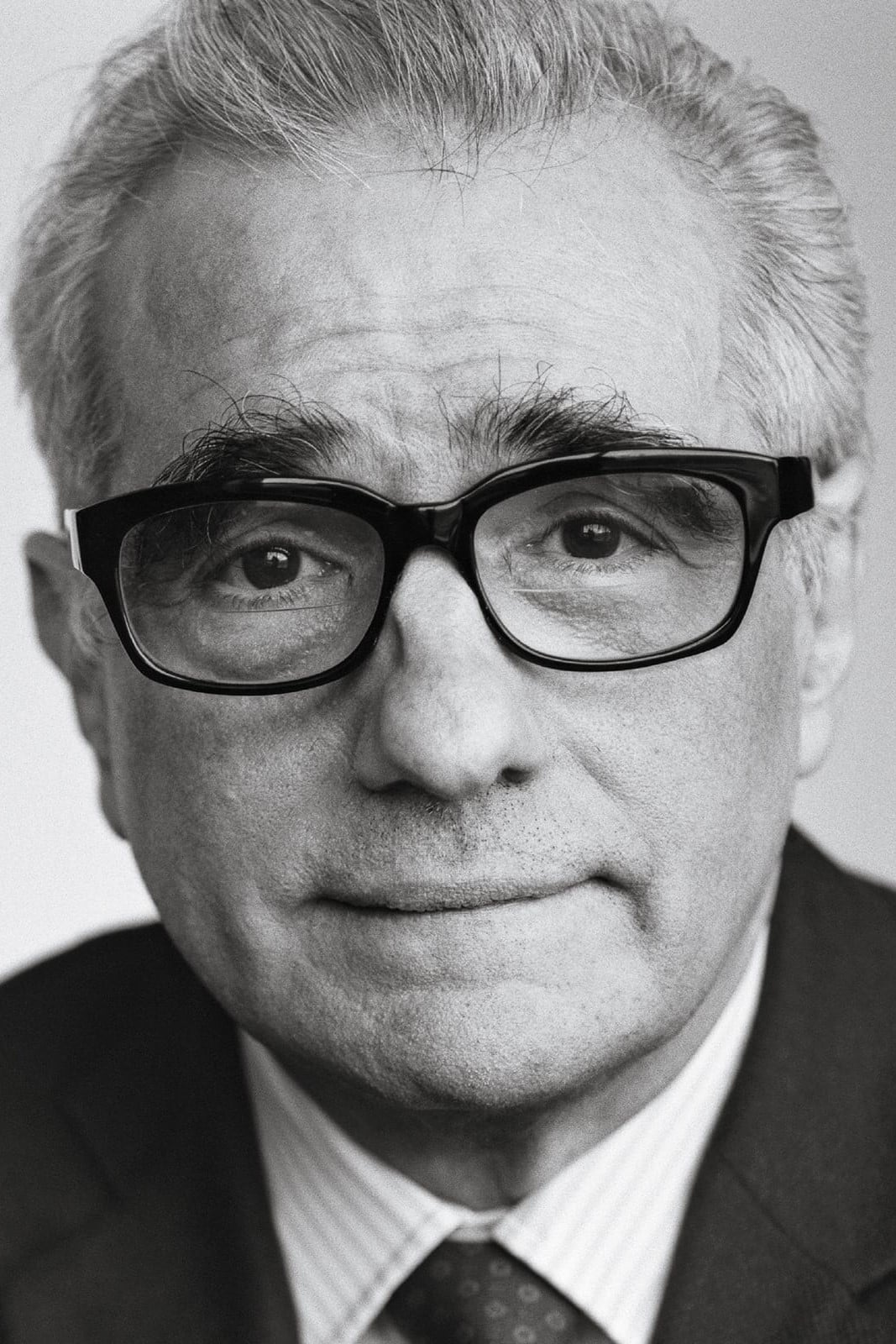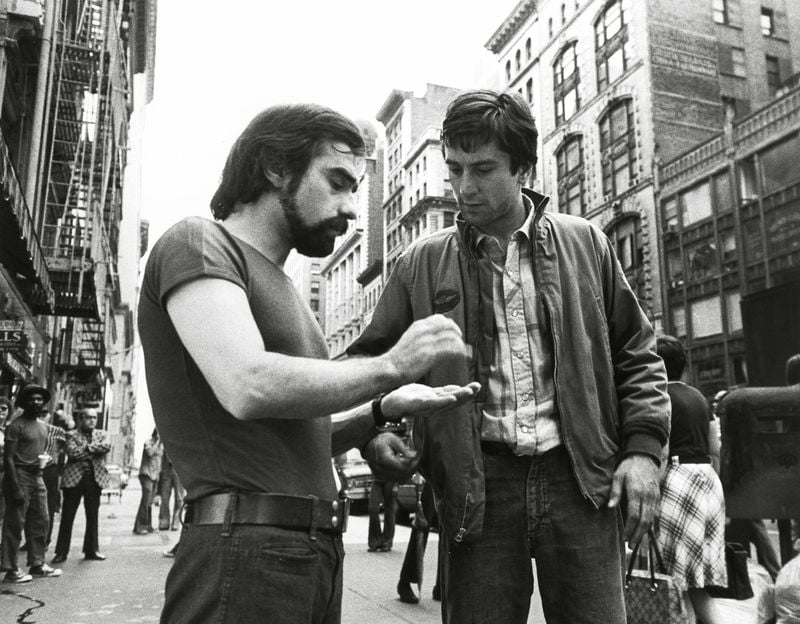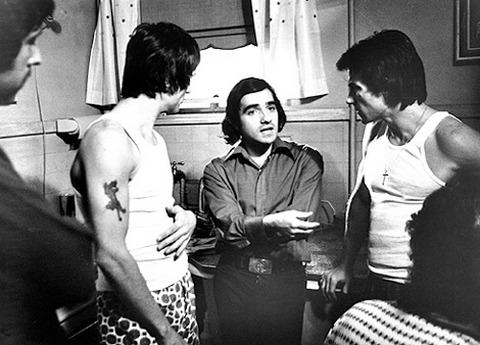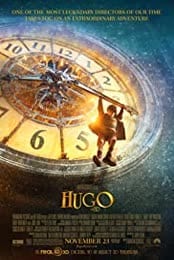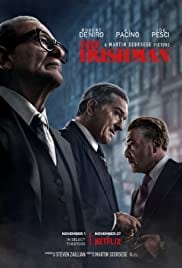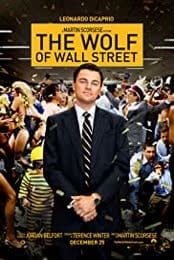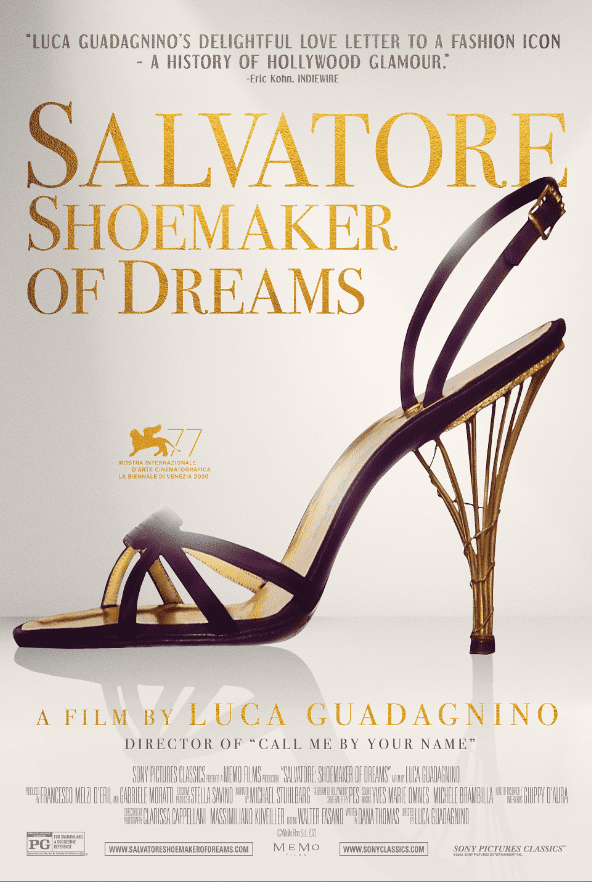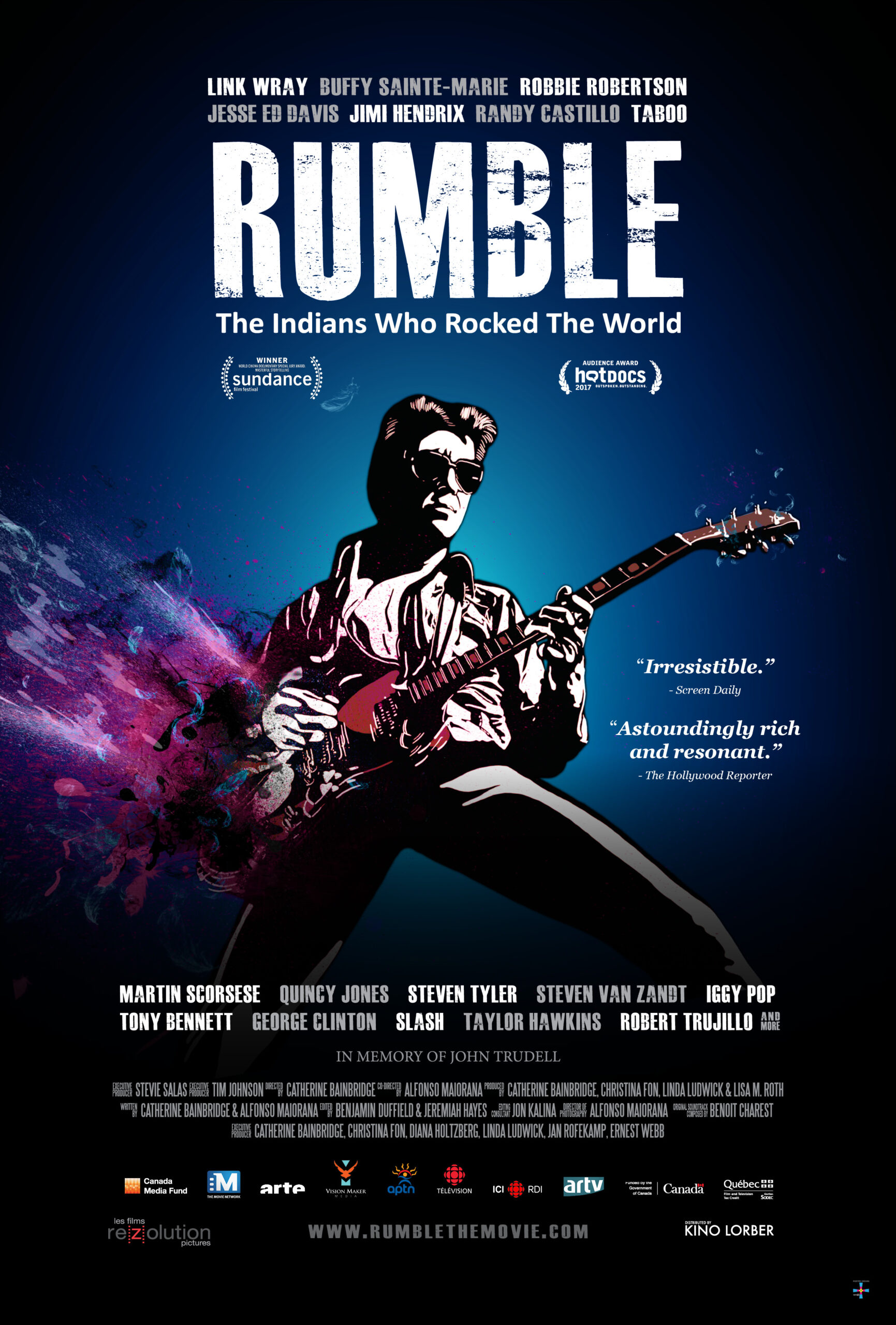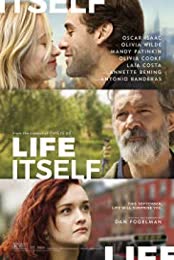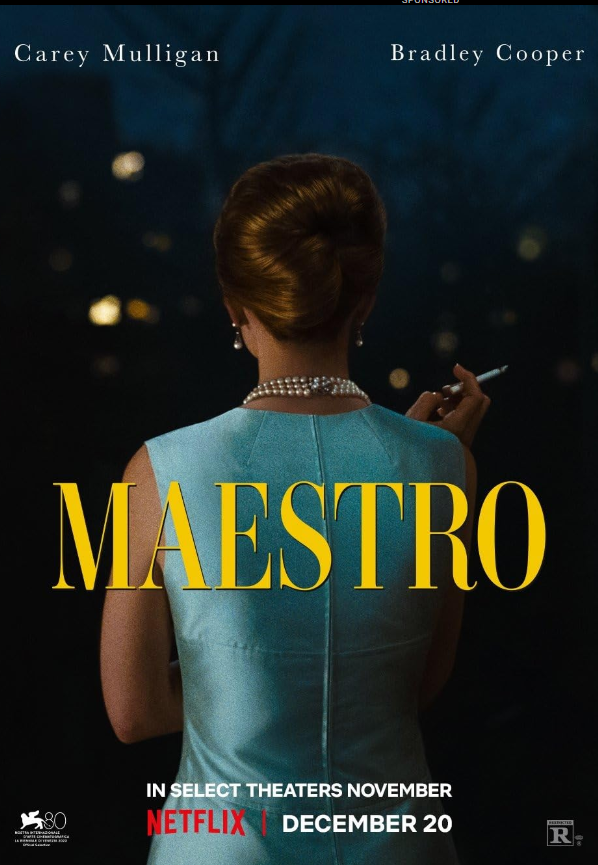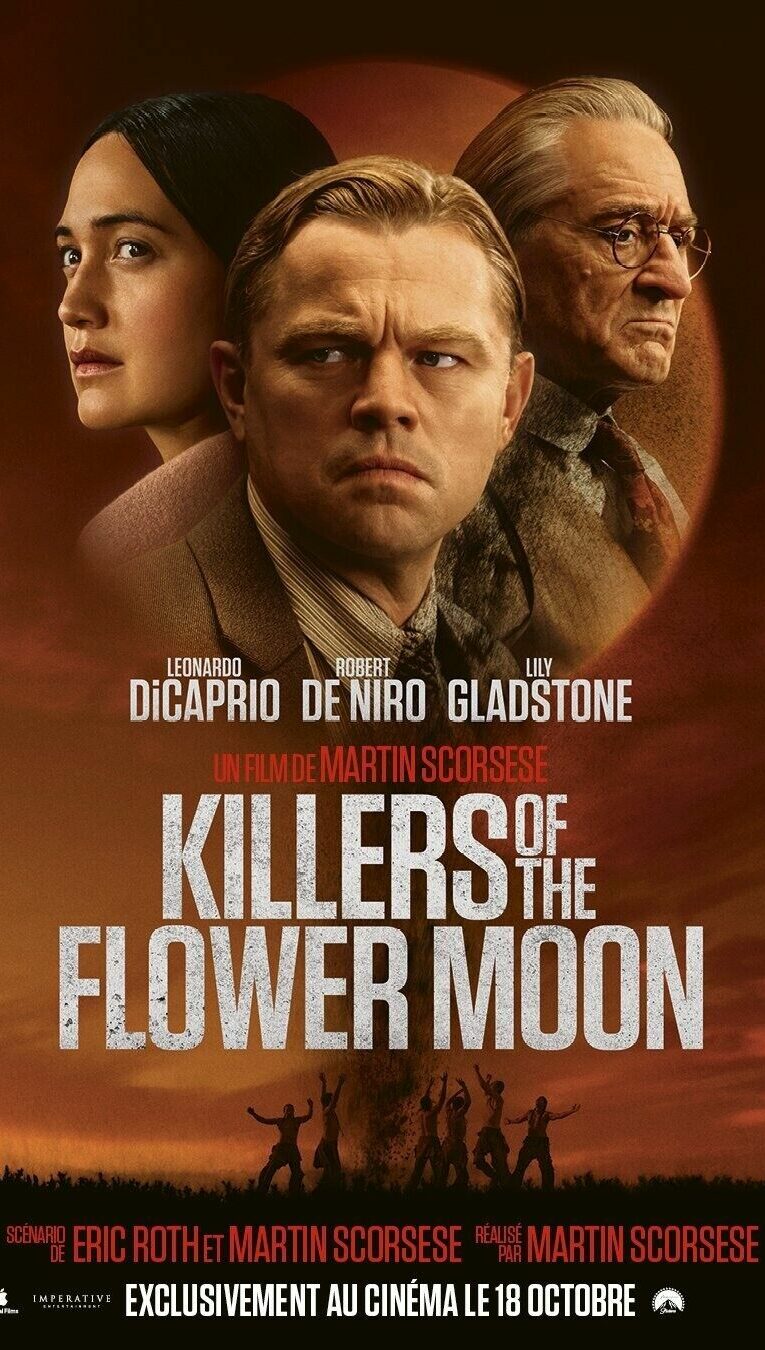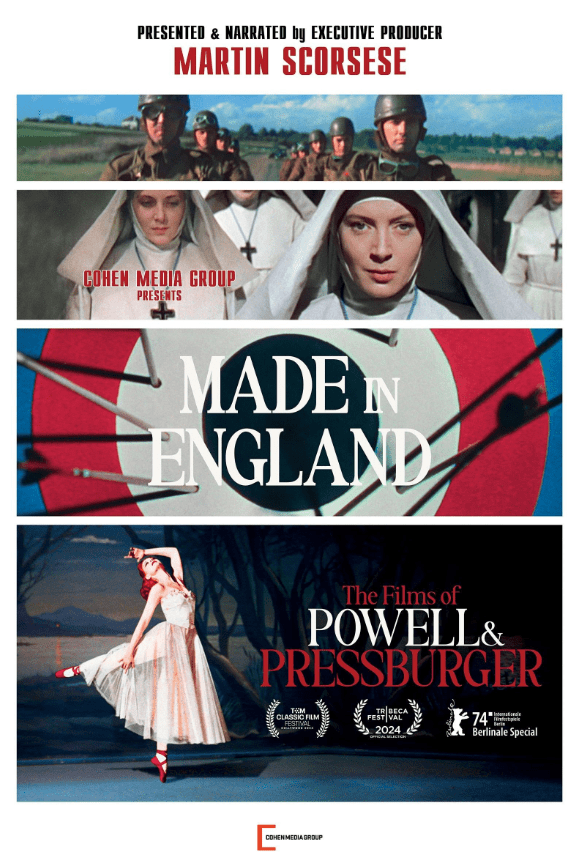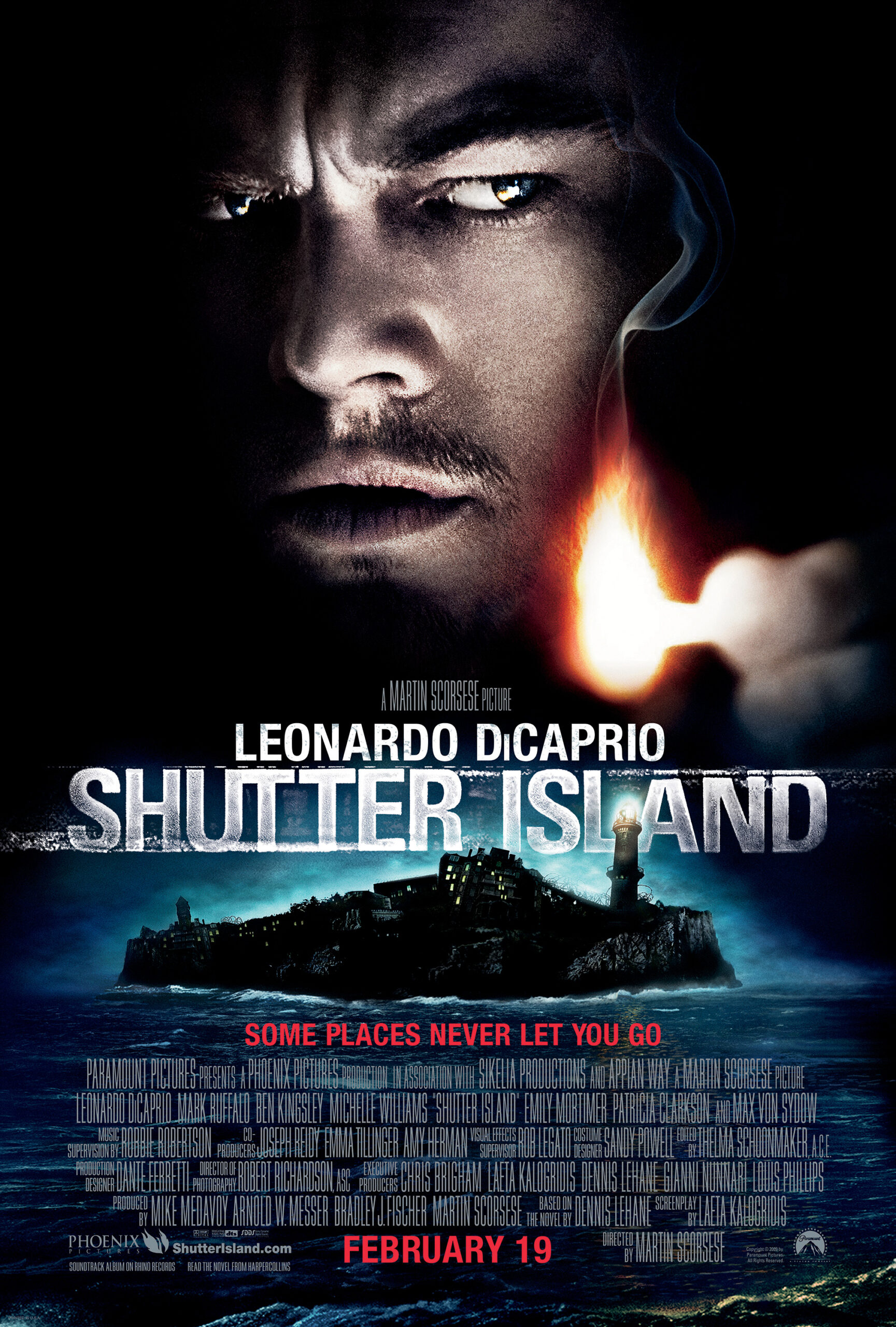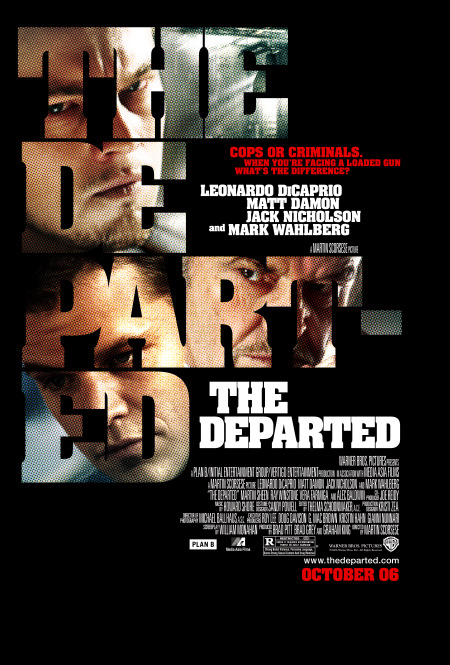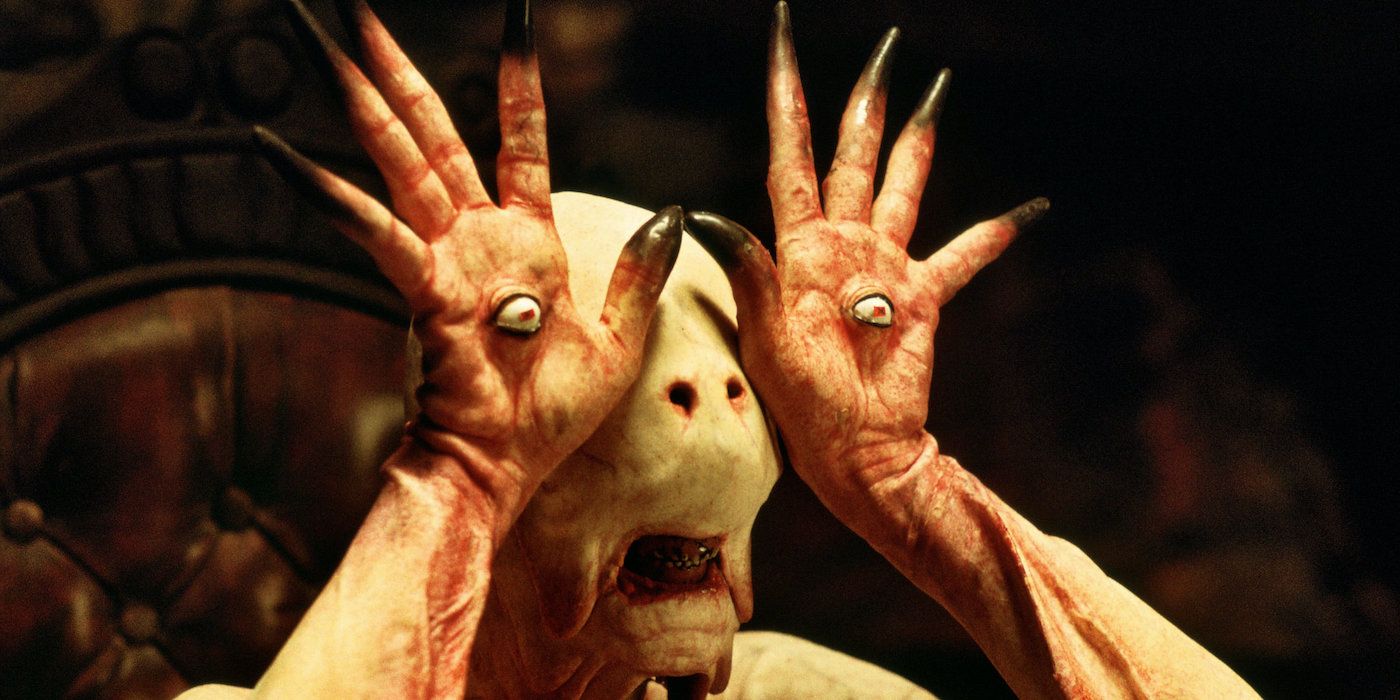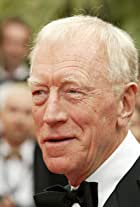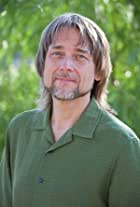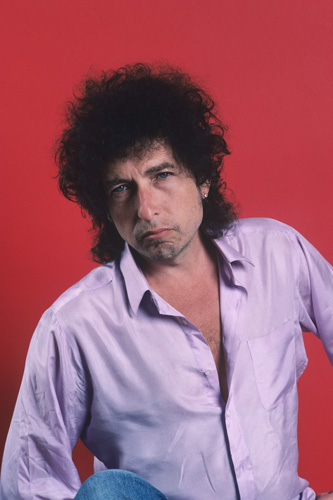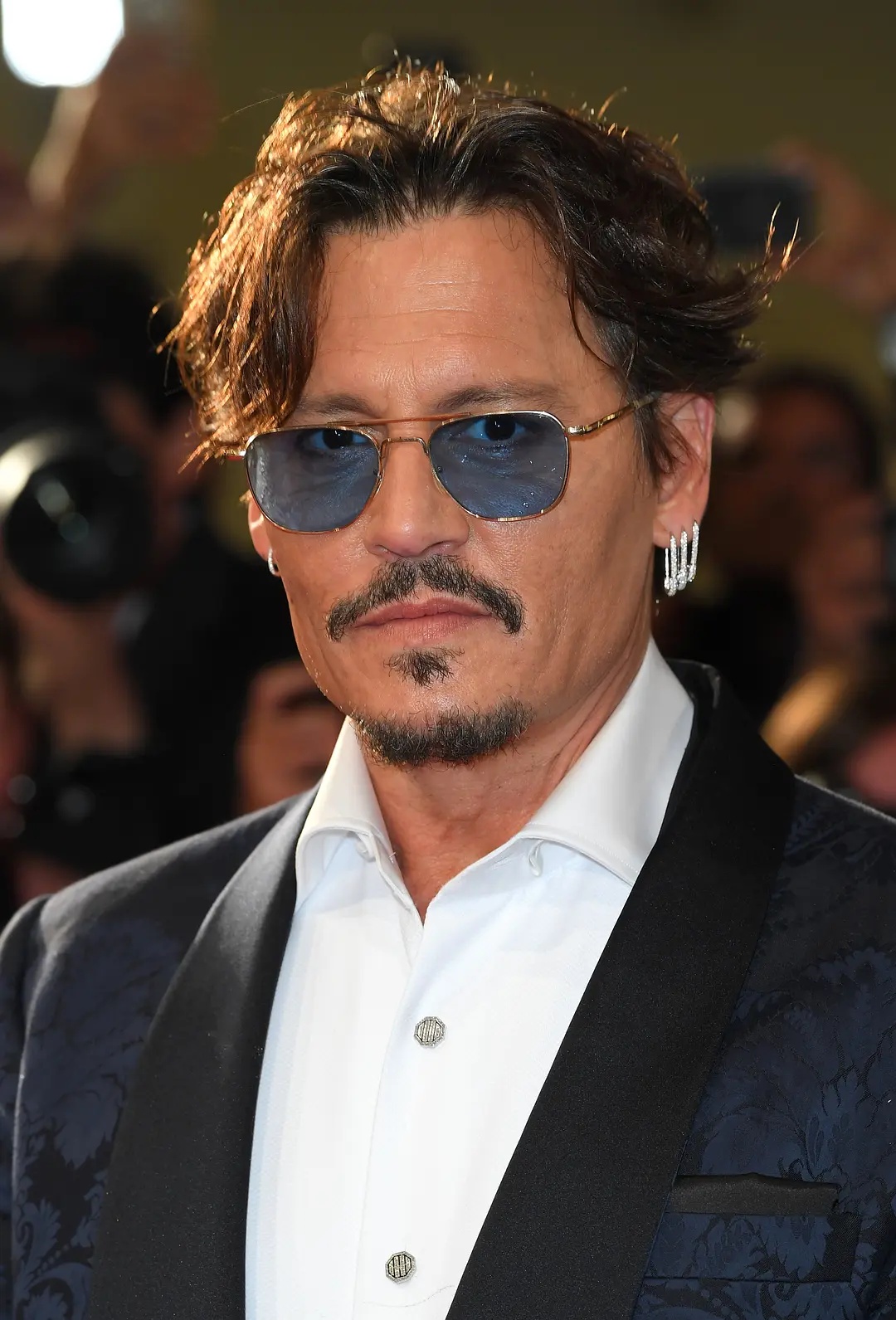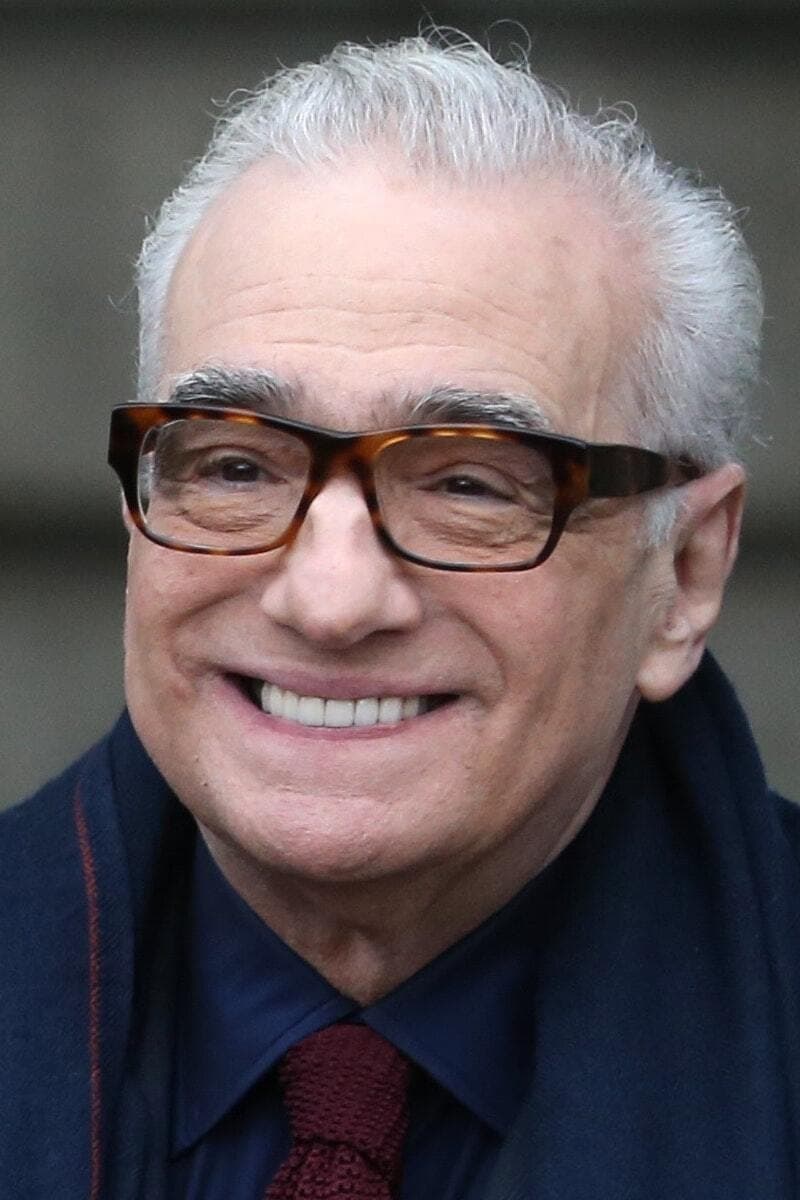
Martin Scorsese
Birthdate – November 17, 1942 (82 Years Old)
Birthplace – Queens, New York City, New York, USA
Martin Scorsese (birthname: Martin Charles Scorsese) is one of the key American filmmakers since the 1970s, and an enormously influential voice in international cinema both as a filmmaker and passionate cinephile, using his name and knowledge to promote film history and preservation.
Many of the trends in contemporary filmmaking are inconceivable without Scorsese’s body of work, starting with his feature debut (after four short films, including a 1959 film, Vesuvius VI, which he made when he was 16 years old and the prize-winning and bloody The Big Shave (1967)), Who’s That Knocking at My Door? (1967), starring Harvey Keitel and Zina Bethune, and premiering at the Chicago Film Festival.
Five years passed before Scorsese had his next chance behind the camera as director in the Roger Corman stable of action-exploitation movies with Boxcar Bertha (1972), with Barbara Hershey, David Carradine, Bernie Casey, and John Carradine. Martin Scorsese established his name as a serious American filmmaker (as director-writer) with his tough crime movie, Mean Streets (1973), with Keitel, Robert De Niro (best supporting actor winner with the National Society of Film Critics and the New York Film Critics Circle), David Proval, and Amy Robinson.
This began an exceptionally strong run of movies—most of which were almost entirely ignored by the Academy Awards (he has been nominated for best director nine times, and won just once)—continuing with the fine drama starring Ellen Burstyn, Alice Doesn’t Work Here Anymore (1974), with Kris Kristofferson, and then the movie that arguably defined the Scorsese Style: Taxi Driver (1976), one of the most important (and violent) American movies of the 1970s written by Paul Schrader, starring De Niro in the career-defining role of Travis Bickle, with Cybill Shepherd, Jodie Foster, Albert Brooks, Keitel, Peter Boyle, and winning Cannes’ Palme d’Or as well as four Oscar nominations (including Best Picture, Actor and Supporting Actress) and landing in twelfth place (tied with Stanley Kubrick’s 1975 Barry Lyndon) on the directors’ poll of best movies of all time by Sight & Sound magazine.
In a radical turn, Scorsese directed his only musical and his first failure, New York, New York (1977), co-starring Liza Minnelli and De Niro and driven by songs by John Kander and Fred Ebb. Scorsese nearly died of a drug overdose during a career crisis following New York, New York, and reunited with Schrader (and co-writer Mardik Martin) for the universally-acclaimed biopic of middleweight champ Jake LaMotta, Raging Bull (1980), again starring De Niro (winning the Best Actor Oscar), Joe Pesci, Cathy Moriarty, and Nicholas Colasanto, and ranking number four on AFI’s greatest movies of all time. Martin Scorsese continued his intense and creative collaboration with Robert De Niro with his funny and dark The King of Comedy (1982), co-starring Jerry Lewis and Sandra Bernhard, but ending up as a financial flop for 20th Century Fox.
Director Scorsese had more success with one of his cult movies and another black comedy, After Hours (1985), starring Griffin Dunne (who also produced), Rosanna Arquette, Verna Bloom, Tommy Chong, Richard “Cheech” Marin, Catherine O’Hara, and premiering at the Cannes film festival, where Scorsese won the Best Director Palme and best picture from the Independent Spirit awards. For Touchstone, Scorsese directed The Color of Money (1986), the sequel to The Hustler (1961), written by Richard Price (adapting Walter Tevis’ novel), and co-starring Paul Newman (reprising his original role in The Hustler) and Tom Cruise, with Helen Shaver and Mary Elizabeth Mastrantonio, and proving to be one of Scorsese’s more commercial movies with a global gross of $52 million.
Martin Scorsese took on one of his biggest-scaled projects as director and his first-period movie with The Last Temptation of Christ (1988), written by Paul Schrader (adapting Nikos Kazantzakis’ 1955 novel), and co-starring Willem Dafoe, Harvey Keitel, Barbara Hershey, Harry Dean Stanton, and David Bowie, with Scorsese earning a Best Director Oscar nomination. Coming off of two box-office successes, Scorsese made a segment (“Life Lessons”) for New York Stories (1989), the anthology movie alongside segments directed by Woody Allen and Francis Ford Coppola, with cast members Nick Nolte, Rosanna Arquette, Steve Buscemi, Jesse Borrego, Peter Gabriel, Ileana Douglas, and Deborah Harry.
Scorsese next directed and co-wrote (with Nicholas Pileggi, adapting his 1985 non-fiction book, Wiseguy) what may be one of his masterpieces, his first Mob movie, Goodfellas (1990), starring De Niro, Ray Liotta, Joe Pesci (Oscar-winning for best-supporting actor), Lorraine Bracco, and Paul Sorvino, premiering at the Venice film festival (where Scorsese won the Best Director Silver Lion) and gaining six Oscar nominations, including Best Picture. Scorsese shifted to a smaller-scaled crime genre drama, the remake of Cape Fear (1991), starring De Niro, Nolte, Jessica Lange, Juliette Lewis, Robert Mitchum, and Gregory Peck, and becoming one of Scorsese’s few box-office hits with a return of $182.3 million worldwide.
Martin Scorsese shifted to a gentler vein with his adaptation of Edith Wharton’s The Age of Innocence (1993), co-written with ex-critic Jay Cocks (Oscar-nominated for their screenplay), and starring Daniel Day-Lewis, Michelle Pfeiffer, Winona Ryder, and Miriam Margolyes, and turning in a modest profit for Columbia Pictures. Scorsese then wrote (with Nicholas Pileggi) and directed one of his greatest movies and his second Mob epic, Casino (1995), based on Pileggi’s non-fiction book, Casino: Love and Honor in Las Vegas, and co-starring an astonishing, eclectic cast led by Robert De Niro, Sharon Stone, Joe Pesci, James Woods, Don Rickles, Alan King, Kevin Pollak, L.Q. Jones, and Dick Smothers, and grossing a strong $116 million for Universal.
Scorsese, known for making sharply contrasting movies back-to-back, made the extremely different epic about the life of the 14th Dalai Lama, Kundun (1997), written by the late Melissa Mathison and featuring a cast of Tibetan actors led by Tenzin Thuthob Tsarong, but commercially buried by Disney upon release from pressure from China, which objected to the subject matter. Martin Scorsese returned to the bad American city streets with his dark drama starring Nicolas Cage, Bringing Out the Dead (1999), with Paul Schrader adapting Joe Connelly’s novel, and a supporting cast including Patricia Arquette, John Goodman, Ving Rhames, and Tom Sizemore.
Scorsese reunited as a director with Day-Lewis (in one of his most swaggering performances) and co-writer Cocks (with writers Steven Zaillian and Kenneth Lonergan) for the 1840s-period New York epic based on Herbert Asbury’s book, Gangs of New York (2002), co-starring Leonardo DiCaprio, Cameron Diaz, Brendan Gleeson, Jim Broadbent, John C. Reilly, and Henry Thomas; Scorsese’s priciest movie to date ($100 million), produced with Touchstone Pictures, Miramax Films, and producer Alberto Grimaldi and released by Miramax (U.S.) and I.E.G. (ex-U.S.), returned a good $194 million globally. Scorsese continued in epic mode with his stylish Howard Hughes biopic, The Aviator (2004), the second in the director’s long run of movies starring Leonardo DiCaprio (as Hughes), with Cate Blanchett, Jude Law, Kate Beckinsale, John C. Reilly, Alec Baldwin, and Alan Alda, and proving to be a commercial and critical hit, earning eleven Oscar nominations (but wins only in technical categories and yet another loss for director Scorsese) and grossing a robust $213.7 million globally.
After nearly 40 years of filmmaking, Scorsese finally saw one of his movies win the Best Picture Oscar (including for lead producer Brad Pitt) and his own Best Director Oscar with the Boston gangster drama (partially remaking Andrew Lau’s and Alan Mak’s 2002 Hong Kong cop drama, Infernal Affairs), The Departed (2006), starring DiCaprio, Matt Damon, Jack Nicholson, Mark Wahlberg, Martin Sheen, Ray Winstone, Vera Farmiga, and Alec Baldwin, and grossing a knockout $291.5 million worldwide gross.
Martin Scorsese directed one of his few novel-to-screen adaptations with Dennis Lehane’s thriller, Shutter Island (2010), starring Leonardo DiCaprio, Mark Ruffalo, Ben Kingsley, Michelle Williams, Emily Mortimer, Patricia Clarkson, and Max von Sydow, and proving to be another profitable Scorsese picture with a $295 gross following a Berlin film festival premiere. Scorsese (as director and producer) made his first 3-D movie and his first about a child character, Hugo (2011), with screenwriter John Logan adapting Brian Selznick’s The Invention of Hugo Cabret and starring Asa Butterfield, Ben Kingsley, Jude Law, Sacha Baron Cohen, Chloë Grace Moretz, Ray Winstone, and Emily Mortimer, and—like so many other Scorsese pictures—received lots of Oscar nominations (11) but only a few technical category wins.
Scorsese returned to direct his favorite actor-collaborator (and also co-producer), DiCaprio, in the wild and wooly The Wolf of Wall Street (2013), based on Jordan Belfort’s memoir, and co-starring Jonah Hill, Margot Robbie, Matthew McConaughey, Kyle Chandler, Rob Reiner, Jon Favreau, and Jean Dujardin, coming away with five Oscar nominations (zero wins) and a strong $407 million gross. Martin Scorsese was director/producer/co-writer (with Jay Cocks) of his second epic about spiritual issues, the long-in-the-making international co-production, Silence (2016), based on Shusaku Endo’s 1966 novel, and co-starring Andrew Garfield, Adam Driver, Liam Neeson, and Tadanobu Asano, but which lost money for distributors Paramount and StudioCanal.
Scorsese returned to the familiar turf of Mob culture with The Irishman (2019), the sprawling multi-decade epic about Jimmy Hoffa’s criminal empire (with Steven Zaillian adapting Charles Brandt’s 2004 non-fiction book, I Heard You Paint Houses) co-starring Robert De Niro, Al Pacino, Joe Pesci, Harvey Keitel, Anna Paquin, Ray Romano, and Bobby Cannavale, and released by Netflix theatrically before streaming (a first for a Scorsese picture) before being nominated for (and not winning) ten Oscar nominations. Shifting to a period Western setting for the first time and reuniting his two longtime stars—DiCaprio and Robert De Niro—Scorsese was director/producer/co-writer (with Eric Roth) adapting David Grann’s historical non-fiction book, Killers of the Flower Moon (2023), featuring Lily Gladstone, Jesse Plemons, Tantoo Cardinal, John Lithgow, and Brendan Fraser, and released by Apple Original Films/Paramount and made on a massive $200 million budget.
Martin Scorsese has had a distinguished filmography as a non-fiction filmmaker, starting with his intimate family portrait, Italianamerican (1974). Scorsese has consistently built a fine library of music documentaries, including the theatrical releases, The Last Waltz (1978) about The Band, and Shine a Light (2008), capturing The Rolling Stones at New York City’s Beacon Theatre in 2006. Scorsese’s other music features have bypassed theatrical for cable and streaming, including PBS’ No Direction Home: Bob Dylan (2005), HBO’s
George Harrison: Living in the Material World (2011), Netflix’s Rolling Thunder Revue: A Bob Dylan Story by Martin Scorsese (2019), and Showtime’s Personality Crisis: One Night Only (2022), about Glam Rock figure David Johansen and co-directed with David Tedeschi. Martin Scorsese has made three feature documentaries focusing on his passion for the movies, including A Personal Journey with Martin Scorsese Through American Movies (1995); his extraordinary survey of Italian cinema, My Voyage to Italy (1999); and his complex portrait of director Elia Kazan, co-directed with critic/programmer/filmmaker Kent Jones, A Letter to Elia (2010), for PBS’ American Masters series. Scorsese’s other major topics for his non-fiction films have been literary in focus, including his film about author Fran Leibowitz, Public Speaking (2010), released by Rialto Pictures; and his co-directed (with David Tedeschi) portrait of fifty years of the August New York Review of Books, The 50 Year Argument (2013), for HBO.
Martin Scorsese has served as producer only on more than a handful of features across multiple decades, including The Grifters (1990), with John Cusack, Anjelica Huston, and Annette Bening; Mad Dog and Glory (1993), with Robert De Niro, Uma Thurman, Bill Murray, and Kathy Baker; Spike Lee’s and Richard Price’s Clockers (1995), with Harvey Keitel, John Turturro, Delroy Lindo, Mekhi Phifer, Isaiah Washington, and Keith David; The Hi-Lo Country (1998), with Woody Harrelson, Billy Crudup, Patricia Arquette, Penelope Cruz, Sam Elliott, and Cole Hauser; Arne Glimcher’s documentary, Picasso & Braque Go to the Movies (2008), with cultural writers Adam Gopnik and Tom Gunning, and artist Julian Schnabel; The Young Victoria (2009), with Emily Blunt, Rupert Friend, Paul Bettany, Miranda Richardson, Jim Broadbent, and Mark Strong; and star/director/writer Bradley Cooper’s Leonard Bernstein biopic, Maestro (2023), with Carey Mulligan, Matt Bomer, Maya Hawke, and Sarah Silverman.
Personal Details
Martin Scorsese was born and raised in Queens’ Bowery section of New York City by parents Charles Scorsese (clothes presser, actor) and Catherine Scorsese (seamstress, actor). His paternal grandparents were Francesco Paolo and Teresa Sozzese (who emigrated from the Palermo community of Polizzi Generosa). His maternal grandparents were Martino and Domenica Cappa (emigrating from the Sicilian community of Ciminna). Scorsese has one brother, Frank. Scorsese’s education included the all-boys Cardinal Hayes High School, from which he graduated in 1960.
He then entered a preparatory seminary for the priesthood but dropped out after a year, and entered New York University in what’s now the College of Arts and Science. Scorsese graduated with a B.A. in English in 1964 and earned a Master’s degree in 1968 from NYU’s education school (currently Steinhardt School of Culture, Education, and Human Development). During this period, Scorsese married Laraine Brennan from 1965 to their divorce in 1971; the couple has one daughter, Catherine. Scorsese’s second, brief marriage was to writer Julia Cameron, from 1976 to 1977; the couple has one daughter, Domenica Cameron-Scorsese; Cameron dramatized their acrimonious marriage in her debut feature, God’s Will (1989).
Scorsese’s third marriage was to actor Isabella Rossellini from 1979 to 1983. Two years later, Scorsese married producer Barbara De Fina; the couple divorced in 1991, during an eight-year affair that Scorsese had with actor Ileana Douglas until 1997. Scorsese has been married to Helen Schermerhorn Morris since 1999; the couple has one daughter, actor Francesca Scorsese. Scorsese has two grandchildren. Scorsese’s height is 5’ 3”. Scorsese’s estimated net worth is $200 million.
Filmography
Some Facts About Martin Scorsese
Name Change: Martin Scorsese’s original Italian family name was Scozzese, but due to a transcription error, the name was changed to Scorsese.
Religion Conundrum: Because he has divorced multiple times, Scorsese has remarked, “I’m a lapsed Catholic. But I am a Roman Catholic; there’s no way out of it.” Later, he also remarked, “After many years of thinking about other things, dabbling here and there, I am most comfortable as a Catholic. I believe in the tenets of Catholicism.”
Childhood sickness and near-death: Martin Scorsese grew up as a child with asthma, and his over-indulgence in drugs and substances in his 30s nearly killed him in the late 1970s. “Partying went way out of hand for me,” he has said. “Because I didn’t know how to control it. But, I also wanted to go there. I wanted to go deep into it. I wanted to see where I’d wind up. Luckily, I survived that.”
Childhood and Movie-Watching: Scorsese has commented that “watching films came out of a necessity from the illness of asthma. And it came out of a loneliness I still have, which had to do with my father and mother. And they couldn’t do anything with me. So they took me to the movies.”
Family Challenges: Although Martin Scorsese had his fifth and longest marriage, by far, to Helen Morris, Morris suffered from Parkinson’s Disease for many years.
It Almost Didn’t Happen: Scorsese has noted that he contractually owed Warner Bros. the movie Goodfellas, but that he didn’t want to make it until he showed the script to his director idol—Michael Powell—who read it and told Scorsese to make it. Similarly, Scorsese nearly quit filmmaking after notorious fights with Miramax producer Harvey Weinstein over the final cut of Gangs of New York, with whom he later had to wrangle in the final stage of the making of The Aviator.
Studio Battles: Martin Scorsese has found himself in many battles with studios over the making of his movies; notably, Warner Bros. wanted a different ending to The Departed than the script’s darker end, allowing for a potential sequel and even franchise, which Scorsese firmly opposed. This was one of the few creative battles which Scorsese won.
Film Preservationist: One of Scorsese’s lasting legacies is sure to be his founding of The Film Foundation, which has preserved hundreds of films from around the world.
Awards
Winner, Best Director, Academy Awards (2007); 13-time Nominee, Best Director/Best Adapted Screenplay/Best Picture, Academy Awards (1981, 1989, 1991, 1994, 2003, 2005, 2012, 2014, 2020); Winner, Lifetime Achievement Award, American Film Institute (1997); Winner, Board of the Governors Award, American Society of Cinematographers Awards (1995); Winner, Contribution to Cinematic Imagery Award, Art Directors Guild Awards (2014); Four-time Winner, Best Film/Best Director/Best Adapted Screenplay/Academy Fellowship, BAFTA Awards (1991, 2012); Winner, Excellence in Film, BAFTA/LA Britannia Awards (1993); Winner, BFI Fellowship, British Film Institute (1995); Eight-time Nominee, Top 10 Film Award, Cahiers du Cinema (1981, 1983, 1986, 1987, 1990, 1996, 2006, 2019); Three-time Winner, Palme d’Or/Best Director/Carosse d’Or, Cannes Film Festival (1976, 1986, 2018); Winner, Honorary César, César Awards (2000); Winner, Best Anthology Series, Cinema Eye Honors Awards (2022); Three-time Winner, Special David/Golden Medal of the Minister of Tourism, David di Donatello Awards (1977, 1982, 2001); Three-time Winner, Lifetime Achievement Award/Best Director/Best Director-Dramatic Series, Directors Guild of America Awards (2003, 2007, 2011); Three-time Winner, Best Director/Best Nonfiction Special/Best Director-Nonfiction Programming, Emmy Awards (2011, 2012); Winner, Gala Tribute, Film at Lincoln Center (1998); Four-time Winner, Best Director, Golden Globe Awards (2003, 2005, 2007, 2012); Winner, Lifetime Achievement Award, Gotham Awards (1993); Winner, Best Long Form Music Video, Grammy Awards (2006); Winner, Hollywood Star Walk of Fame (2003); Two-time Winner, Best Director/Best Feature, Independent Spirit Awards (1986, 1991); Nominee, Best Limited Series, International Documentary Association Awards (2012); Winner, Kennedy Center Honors (2007); Two-time Winner, New Generation Award/Best Director, Los Angeles Film Critics Association (1976, 1990); Winner, MoMA Benefit Honoree, Museum of Modern Art Honors (2018); Eight-time Winner, Best Director/Billy Wilder Award/William K. Everson Film History Award/Spotlight Award/Best Adapted Screenplay/Icon Award, National Board of Review Awards (1993, 1998, 2001, 2006, 2011, 2013, 2016, 2019); Four-time Winner, Best Director/Special Film Heritage Award, National Society of Film Critics Awards (1976, 1981, 1991, 2002); Three-time Winner, Best Director, New York Film Critics Circle Awards (1990, 2006, 2011); Winner, Visionary Award, Palm Springs Film Festival (2020); Winner, Best Producer—Episodic Drama TV, Producers Guild of America Awards (2012); Three-time Winner, American Riviera Award/Cinema Vanguard Award/Kirk Douglas Award for Excellence in Film, Santa Barbara Film Festival (2012, 2014, 2020); Six-time Winner, Filmcritica Bastone Bianco Award/Audience Award/Best Director Silver Lion/Elvira Notari Prize/Career Golden Lion, Venice Film Festival (1988, 1990, 1993, 1995); Winner, Evelyn F. Burkey Award, Writers Guild of America Awards (2003).

